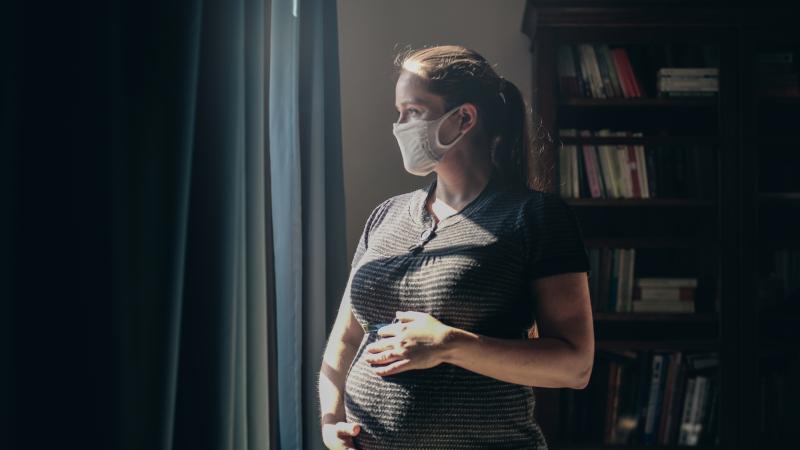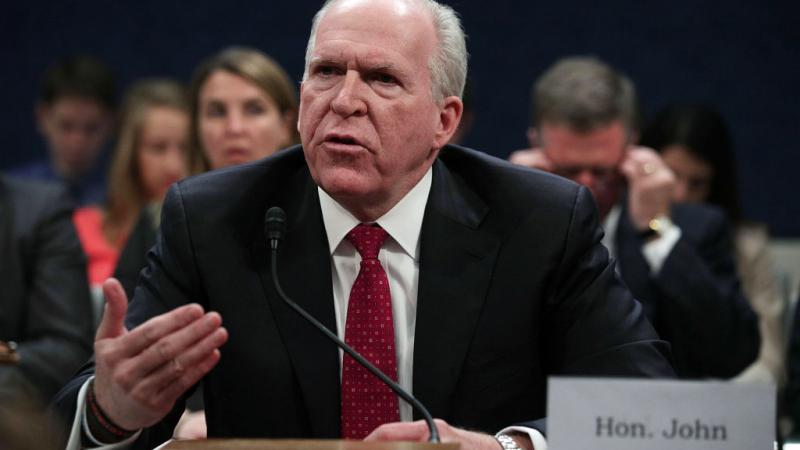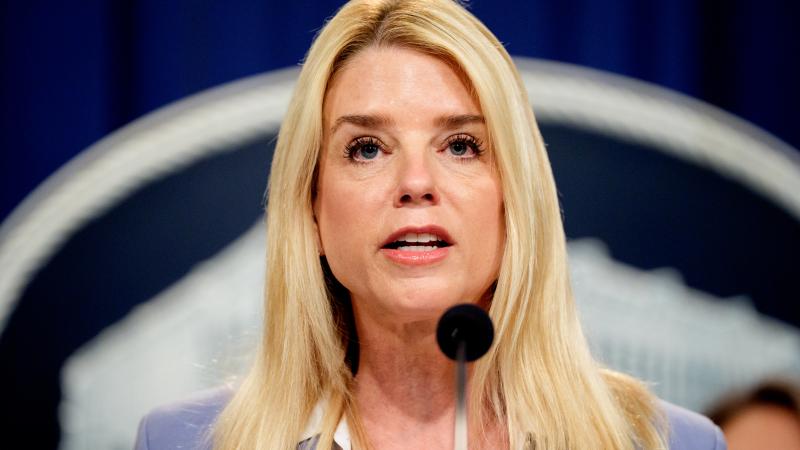Johns Hopkins published then deleted an article questioning the U.S. coronavirus death rate
The university stands by the study but said the article was leading to the spread of 'misinformation'
Last week, Johns Hopkins University published a now-deleted article explaining a study examining the effects of the novel coronavirus on United States death totals using data from the Centers for Disease Control and Prevention.
Genevieve Briand, the assistant program director of the Applied Economics master's degree program at Johns Hopkins, determined, in the study, that there have been 1.7 million deaths in the U.S. between March 2020 and September 2020, 12% (or roughly 200,000) of which have been coronavirus-related.
Briand posits that the only way to understand the significance of the U.S. coronavirus death rate is by comparing it to the number of total deaths in the country.
According to Briand, who compared the total deaths per age category from both before and after the onset of the global pandemic, the death rate of older people stayed the same before and after coronavirus.
"The reason we have a higher number of reported COVID-19 deaths among older individuals than younger individuals is simply because every day in the U.S. older individuals die in higher numbers than younger individuals," wrote Briand.
She also noted that between 50,000 and 70,000 deaths are seen both before and after the emergence of the virus, meaning that, according to her analysis, coronavirus has had no effect on the percentage of total deaths of older people, nor has it increased the total number of deaths in the category.
These results contradict the way most people see the impact of the coronavirus pandemic, which disproportionately affects the elderly population.
Briand believes, after reviewing the numbers, that coronavirus deaths are being over-exaggerated. After seeing that in 2020, coronavirus-related deaths exceeded deaths from heart disease -- the leading cause of death in the U.S. for many years prior -- Briand began to suspect that the coronavirus death toll figure may be misleading.
Briand found that "the total decrease in deaths by other causes almost exactly equals the increase in deaths by COVID-19," according to the original JHU newsletter.
"If [the COVID-19 death toll] was not misleading at all, what we should have observed is an increased number of heart attacks and increased COVID-19 numbers. But a decreased number of heart attacks and all the other death causes doesn't give us a choice but to point to some misclassification," said Briand.
"If [the COVID-19 death toll] was not misleading at all, what we should have observed is an increased number of heart attacks and increased COVID-19 numbers. But a decreased number of heart attacks and all the other death causes doesn't give us a choice but to point to some misclassification," said Briand.
"All of this points to no evidence that COVID-19 created any excess deaths. Total death numbers are not above normal death numbers. We found no evidence to the contrary," she continued.
Several days after removing the article, Johns Hopkins University tweeted that the article, "A closer look at U.S. deaths to COVID-19," was deleted because "the article was being used to support false and dangerous inaccuracies about the impact of the pandemic."
"We regret that this article may have contributed to the spread of misinformation about COVID-19," tweeted the institution.

















